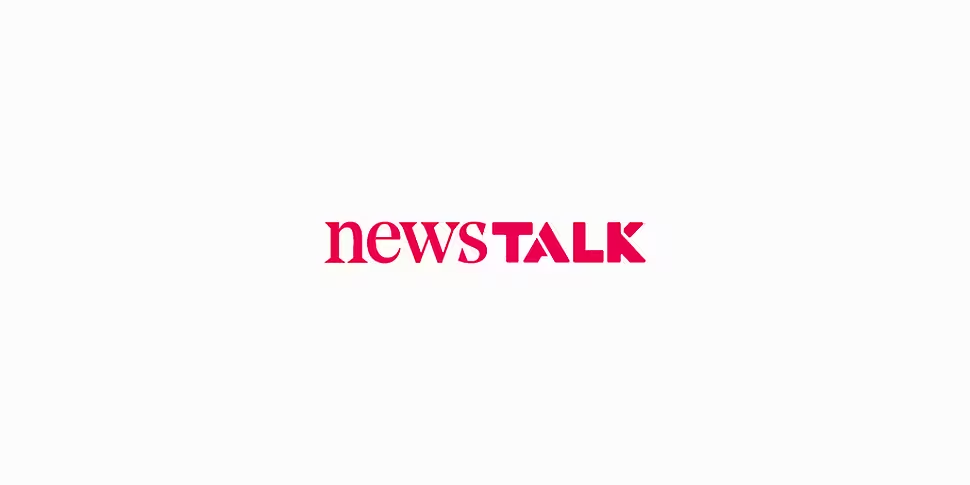A new tool has been made available to internet users in the latest move against ransomware.
Europol says victims of the GandCrab ransomware can now recover their files without giving into the demands of criminals.
A new decryption tool has been released for free online.
This data recovery kit was developed by Romanian police - in collaboration with counterparts from Bulgaria, France, Hungary, Italy, Poland, the Netherlands, United Kingdom and the United States.
They were also assisted by security company Bitdefender and Europol.
In a statement, Europol says: "It is the most comprehensive decryption tool available to date for this particular ransomware family: it works for all but two existing versions of the malware (v.1,4 and 5), regardless of the victim's geographical location.
"This tool is released a week after the criminal group behind GandCrab made public decryption keys allowing only a limited pool of victims located in Syria to recover their files."
Image: Europol
GandCrab is one of the most aggressive malware attacks in recent months, infecting nearly half a million victims since it was first detected in January.
Once GandCrab takes over a victim's computer and encrypts its files, it demands a ransom ranging from US$300 (€263) to US$6,000 (€5,271).
The ransom must be paid through virtual currencies known to make online transactions less traceable, such as Bitcoin.
Back in February, a first decryption tool was made available by the Romanian police.
A second version of the GandCrab ransomware was subsequently released, this time with an improved coding, and a third version followed a day later.
Now in its fifth version, Europol says this file-locking malware continues to be updated.
Users are strongly advised to always keep a copy of their most important files somewhere else - in the cloud or on another drive - use reliable and up-to-date anti-virus software, and not download programs from suspicious sources or open attachments from unknown senders.










